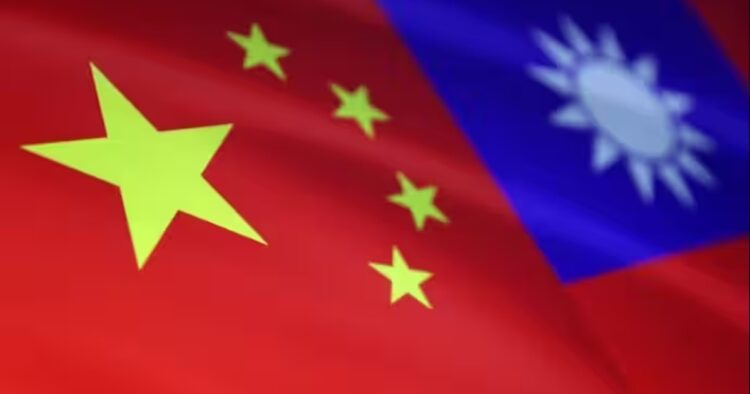As Taiwan gears up for its presidential and legislative elections on January 13, China is intensifying its efforts to influence the island. Reports suggest that China is employing a familiar playbook, combining rhetoric of inevitable reunification with military maneuvers near Taiwan.
Analysts believe that Beijing employs a mix of incentives and coercion during election cycles to sway public opinion. J. Michael Cole, a senior adviser, notes that with opposition candidates warning of war if the ruling party’s candidate is chosen, China is making visible displays of its military capabilities.
Chinese leader Xi Jinping, in his New Year’s address, reiterated the belief in the eventual reunification of Taiwan and China. The Taiwan Affairs Office in Beijing called for “peaceful unification,” emphasizing it as a common desire of people on both sides.
Beijing’s messaging aims to underline the inevitability of reunification and limit Taiwan’s choices. Cole suggests that China tailors its approach based on the mood in Taiwan and perceived tactical advantages.
In addition to verbal threats, China is conducting gray zone operations, deploying military assets near Taiwan. Balloons crossing the Taiwan Strait’s median line and military aircraft near Taiwan have been reported by Taiwan’s Ministry of National Defense.
The deployment of balloons is considered a new tactic by China to influence Taiwanese voters and showcase its capabilities. Su Tzu-yun, a military expert, highlights potential flight safety concerns and criticizes Beijing’s irresponsible approach.
Despite Taiwan’s efforts to expose China’s interference, experts believe that China’s intimidation campaign may overshadow other election-related information. Some speculate that China aims to influence the election’s outcome by increasing pressure on Taiwan.
As the situation unfolds, Taiwanese officials are vigilant in maintaining public awareness, but concerns persist that sustained pressure may desensitize the public to long-term threats posed by China.

















Comments